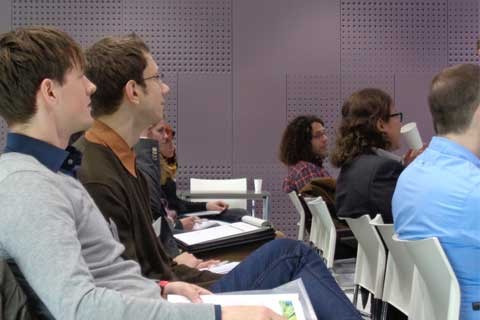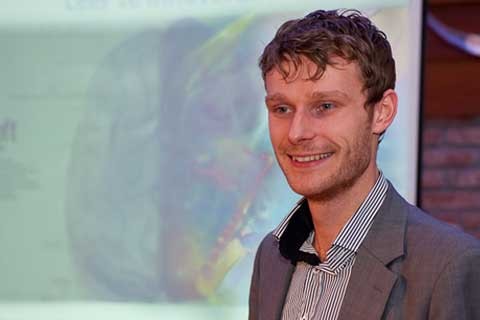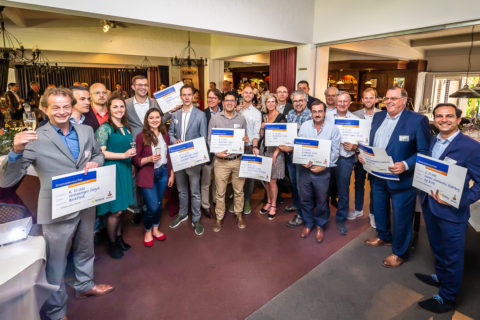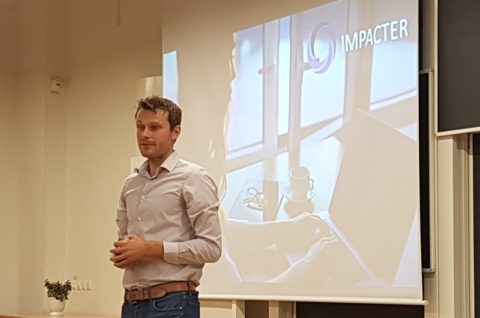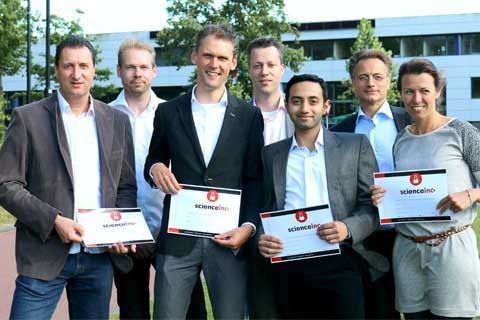In this blog, we will discuss arguably one of the most important things in today’s society, networking. But how important is networking as a researcher?
Networking can be challenging for some in academia especially when one chose the profession because they liked to work independently and be totally responsible for their own project. But this is contrasted by a saddening reality: for up to 80% of them, there is no room in academia. This means the majority of doctorates eventually needs to find an employer outside of the academic circle.
For those non-academic jobs, references from your network are absolutely critical, as described by this report in New York Times and by Mark Granovetter in the seminal work ‘The Strength of Weak Ties’ (1983). The latter found that, even after the Quebec provincial government had formalized the application procedure, 43% of 2553 people working there got the job through personal contacts.
We believe that knowledge utilization is one of the best ways through which to build your network as an academic. If knowledge utilization is approached properly, it is about meaningful collaboration and interaction because the other person involved is genuinely experiencing a problem that your research will help address. In this context, you have a unique opportunity to share your expertise, showcase your capabilities and build a professional relationship. And because these ‘user-contributors’ often don’t have to contribute financially, it is a low-key way to get close to those organizations.
Networking done truly right means looking for perfection in reciprocity. Maarten van Bottenburg, professor at Utrecht University, is a true champion of networking. One of his projects (The end of traditional membership) was done in cooperation with 15 of the biggest Dutch Sport Associations. The terms of the grant he was applying for required a 15% in-cash contribution. He got this in-cash contribution by selling a masterclass series to the sports association. And through the organization of that masterclass, he had all the experts from the field at arms-length throughout the research!
And there is another angle: sometimes the network is the utilization opportunity. In one of our workshops, a participant mentioned he was studying how the seafloor of the Mediterranean Sea was changing over the next 20 million years. Jokingly, he said: “Not many organizations plan ahead that far”. And whilst that is of course true, this researcher was gathering a really interesting network in his research: agencies with access to coastal and sea-floor data all around the Mediterranean. Just getting these people in the same room could be very helpful for companies looking for the best places for new construction, for governments looking to draft new legislation or an NGO that wants a better strategy.
But even if the opportunities for interaction in the research are limited, there are still opportunities to share and network. This article reports how a single tweet led to national radio and a research project expansion to New York City and Montreal. Research frameworks in the UK (REF) and the Netherlands (SEP) are trying to incorporate more diverse measures for academic success and performance. Altmetrics proponents, like Impact Story, are also suggesting that we need more diverse measures for academic success.
Are you a researcher and do evaluate how you are doing in these other, network related, dimensions? Give it a go at www.ImpactStory.org.

